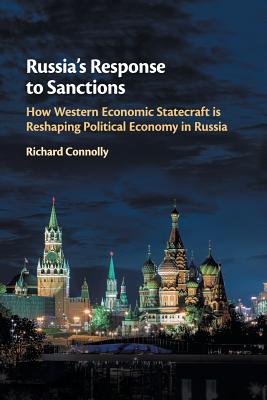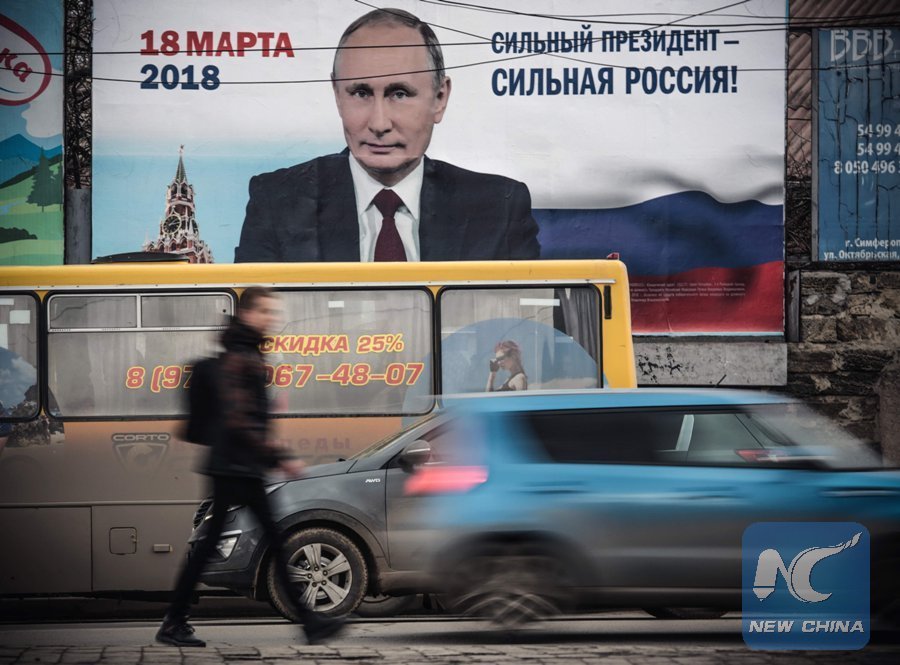The Revolutionary Reign of Peter I of Russia: Transforming a Nation into a European Power
#### Introduction to Peter I of RussiaPeter I of Russia, also known as Peter the Great, was a pivotal figure in Russian history. Born on June 9, 1672, he as……
#### Introduction to Peter I of Russia
Peter I of Russia, also known as Peter the Great, was a pivotal figure in Russian history. Born on June 9, 1672, he ascended to the throne in 1682 and reigned until his death in 1725. His reign is marked by significant reforms that modernized Russia and expanded its influence in Europe.
#### The Early Life and Ascension of Peter I
Peter was born into the Romanov dynasty, the son of Tsar Alexis I. His childhood was tumultuous, marked by the power struggles of the Russian nobility. After the death of his half-brother, Peter became the sole ruler of Russia. His early years on the throne were characterized by a desire to learn about Western technologies and governance, which would later shape his policies.
#### Westernization and Modernization Efforts
One of Peter I of Russia's most significant contributions was his commitment to westernization. He traveled extensively across Europe, absorbing knowledge and ideas that he would implement in Russia. Upon his return, he initiated a series of reforms aimed at modernizing the military, government, and society.

He established the Russian Navy, restructured the army, and introduced new administrative practices. Peter also focused on education, founding schools and encouraging the study of sciences, engineering, and navigation. His efforts laid the groundwork for Russia to emerge as a formidable European power.
#### Expansion of Territory
Peter I of Russia was not only a reformer but also an ambitious leader who sought to expand Russian territory. His military campaigns against Sweden during the Great Northern War (1700-1721) were instrumental in securing access to the Baltic Sea. The victory at the Battle of Poltava in 1709 was a turning point that established Russia as a dominant force in Northern Europe.
Through these military endeavors, Peter expanded Russia's borders significantly, gaining territories that would enhance trade and military strategy. The establishment of St. Petersburg in 1703, which became the new capital in 1712, symbolized this new era of Russian power and influence.
#### Social Reforms and Cultural Changes

Peter I of Russia's reforms extended beyond military and administrative changes; they also encompassed social and cultural aspects of Russian life. He introduced new fashions and social norms, encouraging the nobility to adopt Western styles of dress and etiquette. This was part of his broader vision to reshape Russian society and align it more closely with European customs.
He also implemented policies to reduce the power of the nobility and promote meritocracy, allowing individuals to rise based on their abilities rather than their birthright. These changes faced resistance but ultimately transformed the social fabric of Russia.
#### Legacy of Peter I of Russia
The legacy of Peter I of Russia is complex. While his reforms brought about significant modernization and expansion, they also created tensions within Russian society. His autocratic rule and aggressive policies led to conflicts and unrest. Nevertheless, Peter the Great is often credited with laying the foundations for the Russian Empire and establishing it as a major player on the European stage.
His vision and determination changed the course of Russian history, and his impact is still felt today. Peter I of Russia remains a controversial yet undeniably influential figure whose reign marked the transition of Russia into a modern state.

#### Conclusion
In summary, Peter I of Russia was a transformative leader whose reign was characterized by ambitious reforms and significant territorial expansion. His efforts to modernize Russia and integrate it into the European community reshaped the nation and set the stage for its future development. Understanding Peter the Great's contributions provides valuable insights into the evolution of Russia and its role in global history.